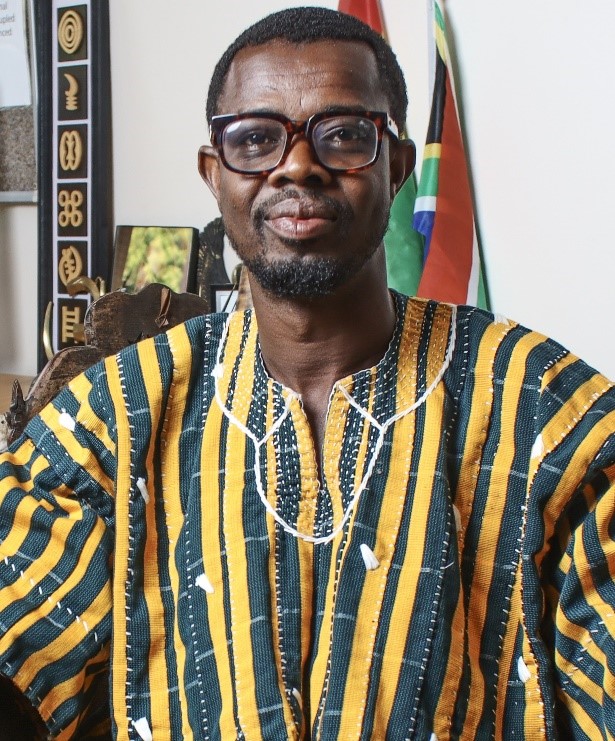Prof. Imhotep Paul Alagidede (Profile)
-
-
EMERITUS EDITOR-IN-CHIEF

Prof. Imhotep Paul Alagidede
imhotep.alagidede@wits.ac.za / alagidede@gmail.com
alagidede@african-review.comImhotep Alagidede is Professor of Finance at the University of the Witwatersrand. He is also the Executive Director of the African Finance and Economics Consult, the President and CEO of the Nile Valley Group of companies. And Emeritus Editor-in-Chief of the African Review of Economics and Finance. He has nearly two decades experience in the teaching and research in applied economics, policy evaluation, modelling and forecasting. He has held a number of visiting and permanent professorship positions in leading academic institutions in the UK, South Africa, Kenya, Tanzania, Mauritius and Ghana.
Imhotep is a metaeconomist, and a transdisciplinary scholar with avid interest in the noumena behind phenomena. He has published widely in leading international peer reviewed journals, and is the Grand Editor of the Journal of Indigenous and Ancestral Studies. He has mentored a large number of pre-doctoral, doctoral and post-doctoral fellows, and consulted widely for governments, multilateral agencies and blue chip corporations.
-
-
The African Review of Economics and Finance (AREF) is the official journal of the African Finance and Economics Consult (AFEC). The journal acknowledges that the word 'economics' is plural and all economies are positioned, situated, and embedded in particular societies. Therefore, how the economy is studied must necessarily be plural. From this perspective, the journal welcomes high quality articles in theoretical and empirical economics, be they orthodox, heterodox, or economics as an interdisciplinary social science, with special emphasis on African economies and/or how they relate to other economies in Africa or the rest of the world. There is no limit on the topics of interest. Contributions can be either innovation in economic theory or rigorous new applications of existing theory in areas such as behavioural economics and decision theory, game theory, general equilibrium theory, contract theory, public finance, financial economics, industrial organisation, labour economics, political economy of development, urban and regional political economy, and agrarian political economy.

